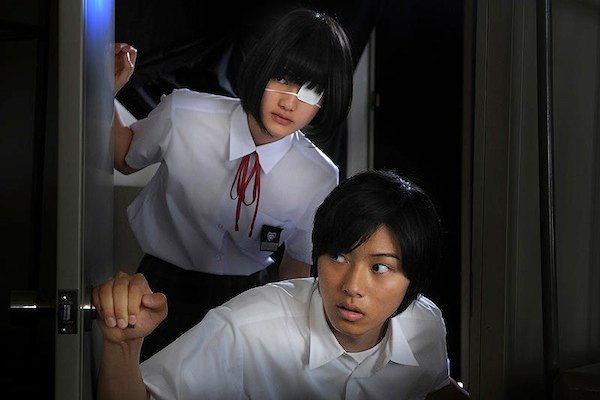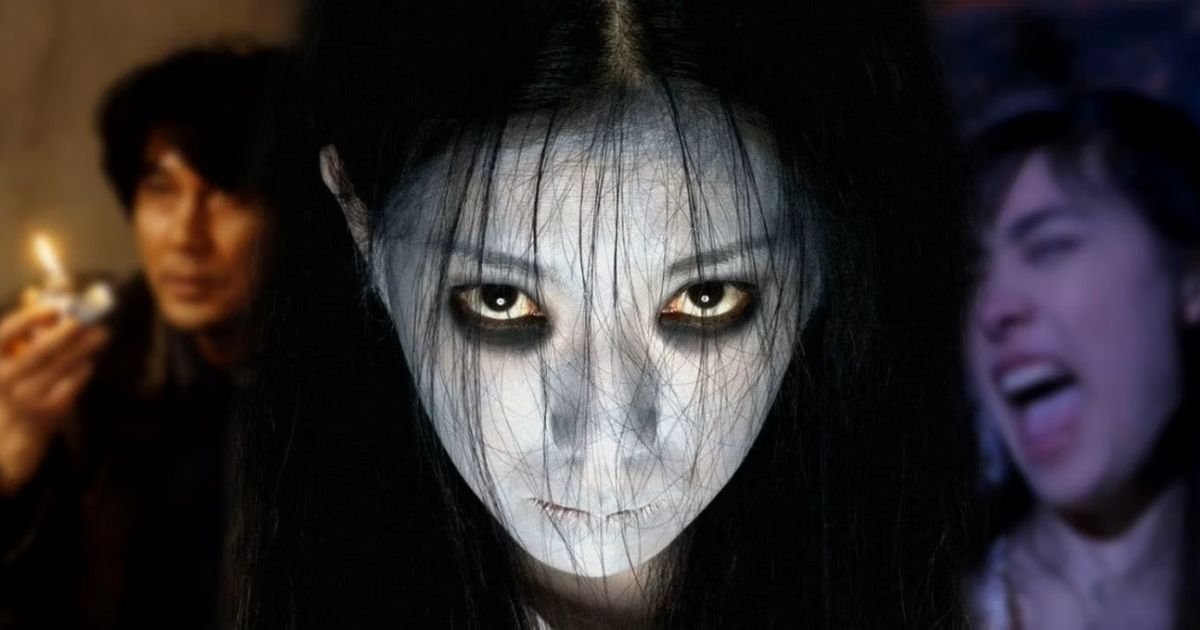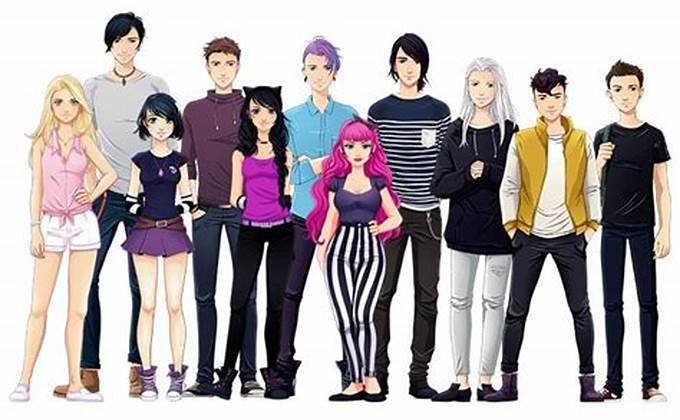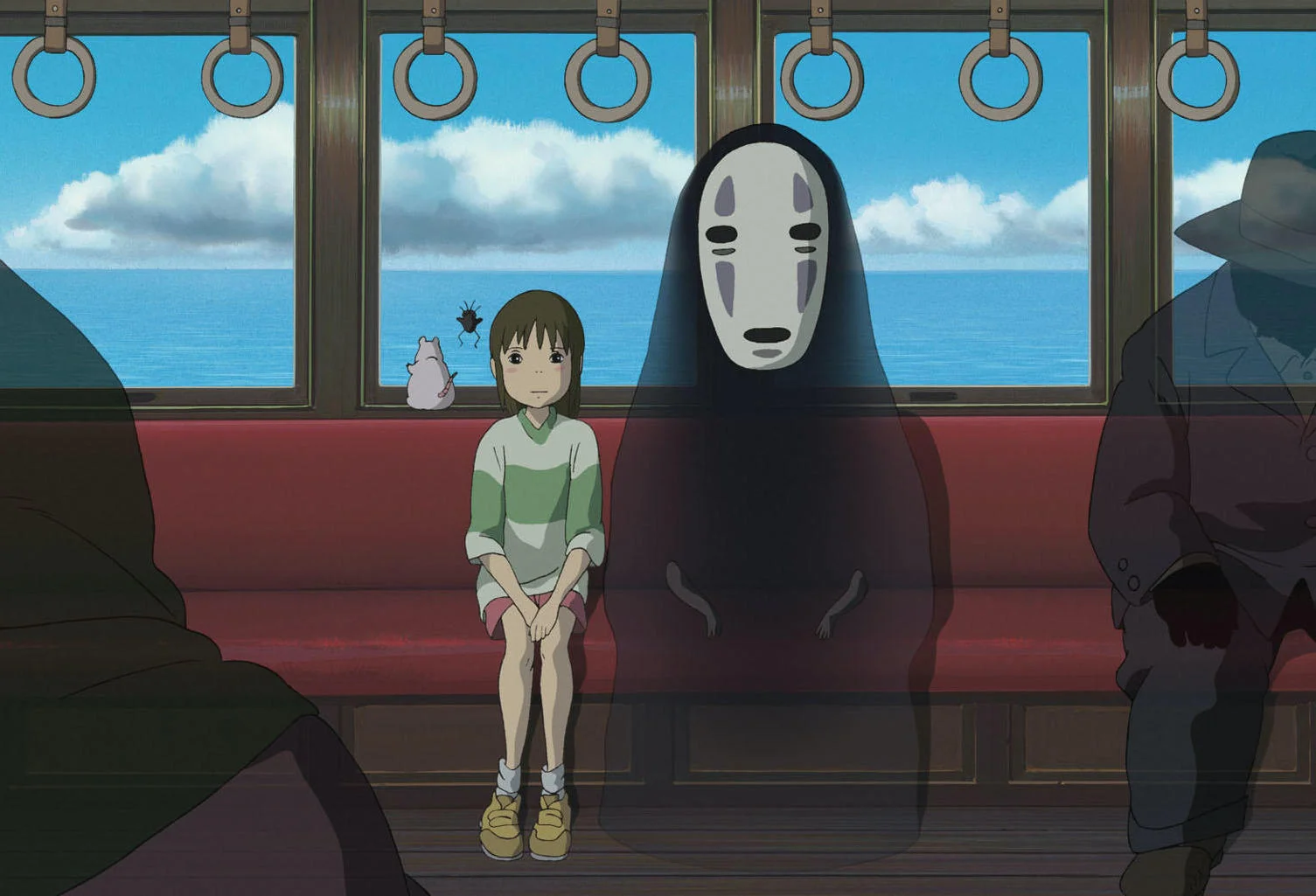Japanese films have greatly influenced Hollywood remakes. Their unique storytelling, visual styles, and cultural themes have left a significant mark on global cinema. This article explores how Japanese films shape Hollywood adaptations and the impact of this cross-cultural exchange.
1. Influence on Hollywood Adaptations
Japanese films often serve as inspiration for Hollywood remakes. Directors and producers in Hollywood frequently adapt films for American audiences. For example, the Japanese horror film “Ringu” (1998) led to the American remake “The Ring” (2002). Such adaptations highlight the impact of Japanese cinema on Hollywood’s creative process.
2. Unique Storytelling Techniques
Japanese films use distinctive storytelling techniques that appeal to global audiences. These methods often translate well into Hollywood adaptations. For instance, the psychological depth and suspense in “Ringu” influenced the American version’s approach to horror. This unique storytelling helps Hollywood filmmakers craft engaging and innovative remakes.
3. Notable Examples of Remakes
Several successful Hollywood remakes have roots in Japanese cinema. Besides “The Ring,” other examples include “The Grudge” (2004) and “Shutter” (2008). Both films originated from Japanese horror classics and achieved significant success in the U.S. These remakes showcase how Japanese films influence Hollywood’s horror genre.
4. Cross-Cultural Appeal
Japanese films often explore themes and narratives that resonate across cultures. This broad appeal makes them attractive for adaptation. Films like “Battle Royale” (2000) have influenced American cinema, inspiring movies like “The Hunger Games” (2012). The themes of survival and dystopia in these Japanese films align well with Hollywood’s market trends.
5. Challenges in Adaptation
Adapting films for Hollywood audiences presents challenges. Cultural differences and unique storytelling styles require careful adaptation. For example, “The Ring” successfully translated Japanese horror elements into a format familiar to American viewers. However, some remakes struggle to capture the essence of the original film, highlighting the difficulties in cross-cultural adaptation.
6. The Role of Directors and Screenwriters
Directors and screenwriters play a crucial role in adapting films for Hollywood. Their vision and understanding of both cultures shape the final product. Directors like Gore Verbinski, who worked on “The Ring,” skillfully integrated Japanese horror elements into the American remake. This collaboration ensures that the essence of the original film is preserved while appealing to a new audience.

7. The Future of Remakes
The trend of adapting films for Hollywood continues to grow. As global cinema evolves, Hollywood filmmakers increasingly look to Japanese films for inspiration. This ongoing exchange enriches both industries and offers audiences fresh perspectives. Future remakes will likely continue to draw from Japanese cinema, reflecting its enduring influence on Hollywood.
Conclusion
In conclusion, films have a profound impact on Hollywood remakes. Their unique storytelling, cultural themes, and visual styles inspire filmmakers and shape the adaptation process. As the trend continues, the influence of Japanese cinema will remain a significant force in global filmmaking. This cross-cultural exchange enriches both industries and offers audiences new and exciting cinematic experiences.








